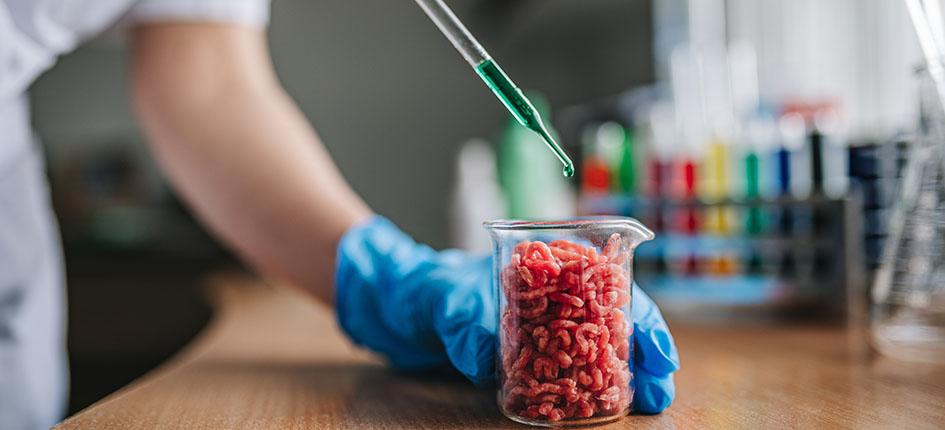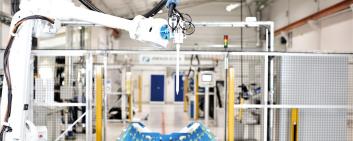The advanced sensor technology produced by Hamilton can also play a key role in optimizing cultivated meat production. The company highlights this in an application note published with the title “Maximizing Cultivated Meat Productivity Through Advanced In-Line Sensor Technology – Real-Time Viable Cell Density (VCD) Monitoring”.
Hamilton, a global manufacturer of laboratory automation technology and process sensors, which has two headquarters in the U.S. and one in Bonaduz in the canton of Graubünden, is emphasizing the role of its high-quality in-line sensors in cultivated meat production. According to a press release issued by the company, the global demand for meat-based protein is predicted to reach between 460 to 570 billion kilograms by 2050. “By optimizing cultivated meat production methods, there is potential to reduce traditional meat consumption and save millions of animal lives, ultimately contributing to a more sustainable future”, it says.
According to Hamilton’s Product Manager Yavuz Çelik, the Incyte Arc Sensor, which is at the forefront of sensor technology, is “a critical tool in achieving optimal cell growth conditions during meat cultivation”, and therefore key to the technological breakthroughs being achieved by innovative companies like Dutch biotech company Meatable. “It not only helps optimize bioprocesses but also ensures product quality and safety, making it a game-changer for the industry.”







